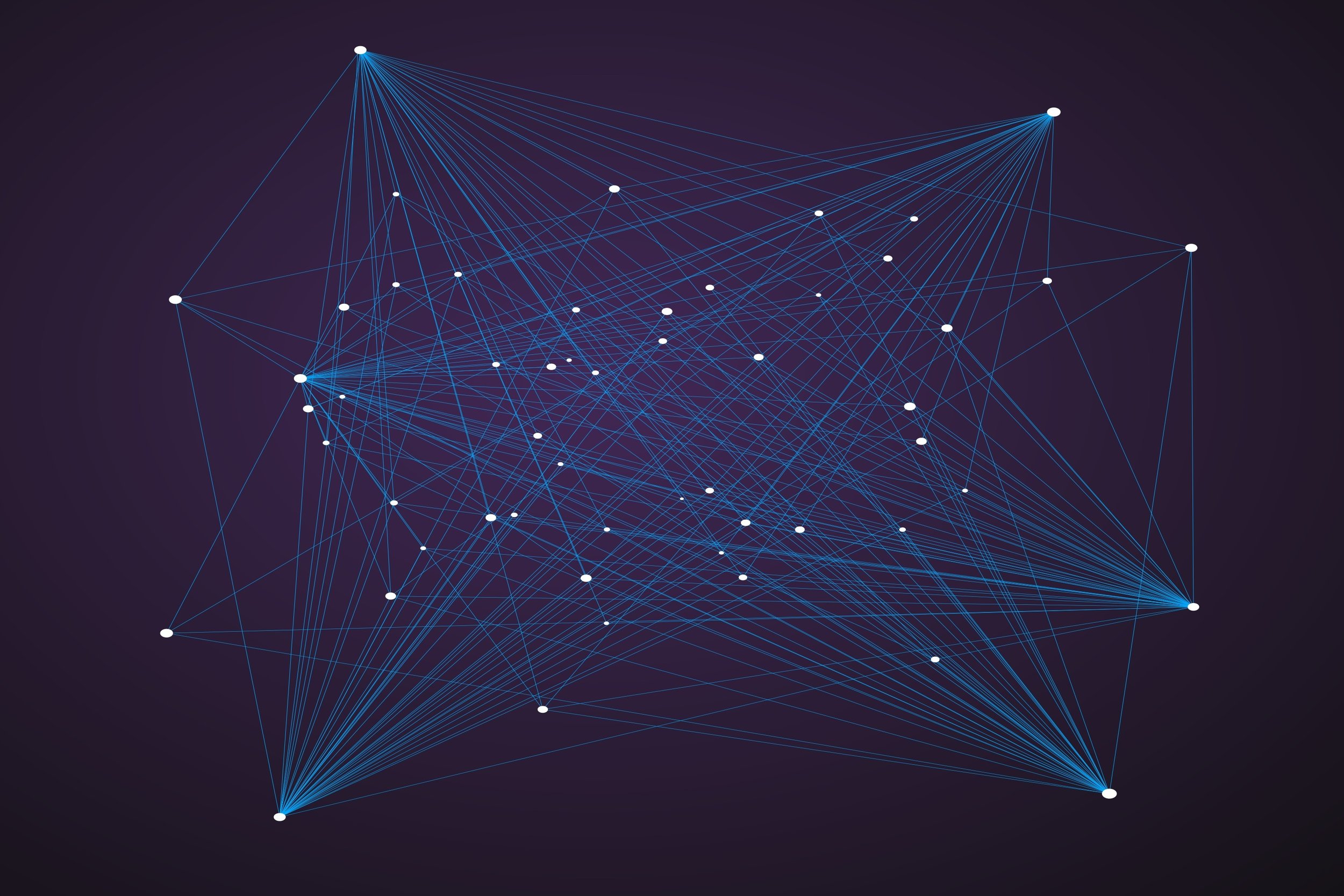Advances in the scientific study of chaos have been important motivators/roots of the modern study of complex systems. There exists some confusion about the relationship of chaos and complexity.
Chaos can be more or less strictly defined. A reasonably strict definition is that chaos deals with deterministic systems whose trajectories diverge exponentially over time. This property is expected to be found in the behavior of complex systems. However, how it can be related to various properties of complex systems continues to be an important area of research.
Models of chaos generally describe the dynamics of one (or a few) variables which are real (ie represented by a decimal number). Using these models some characteristic behaviors of their dynamics can be found.
Complex systems do not necessarily have a natural representation of this form, or these behaviors. Complex systems have many degrees of freedom: many elements that are partially but not completely independent. Some people call the behavior of these systems "high dimensional chaos" to distinguish it from the conventional low dimensional case. We could consider the notion of high-dimensional chaos to be essentially an alternate term for the study of complex systems, building on the insights from chaos theory to develop our understanding of complex systems generally.
It is also not entirely clear what aspects of system-environment interaction are modeled by chaos. The deterministic equations of chaos can be most easily thought of as describing a closed rather than an open system. However, some aspects of system-environment interactions are included in such models, and they may even be necessary to achieve the non-linear dynamics that are characteristic of these models.
Thus, chaos is concerned with a few parameters and the dynamics of their values, while the study of complex systems is concerned with both the structure and the dynamics of systems and their interaction with their environment.
Informally, chaos is also used to refer to disorder and randomness. Disorder and randomness are themselves rich concepts that are part of the study of complex systems. They are distinct from the notion of deterministic chaos and confounding them should be avoided. The notion of a "chaotic environment," should probably be replaced most of the time with "complex environment," since the term complex is justifiably used to refer both to deterministic chaos and to the randomness of disorder.
Related concepts: chaos, complexity, disorder, predictability, open systems.
Copyright © 2011 Yaneer Bar-Yam All rights reserved.
